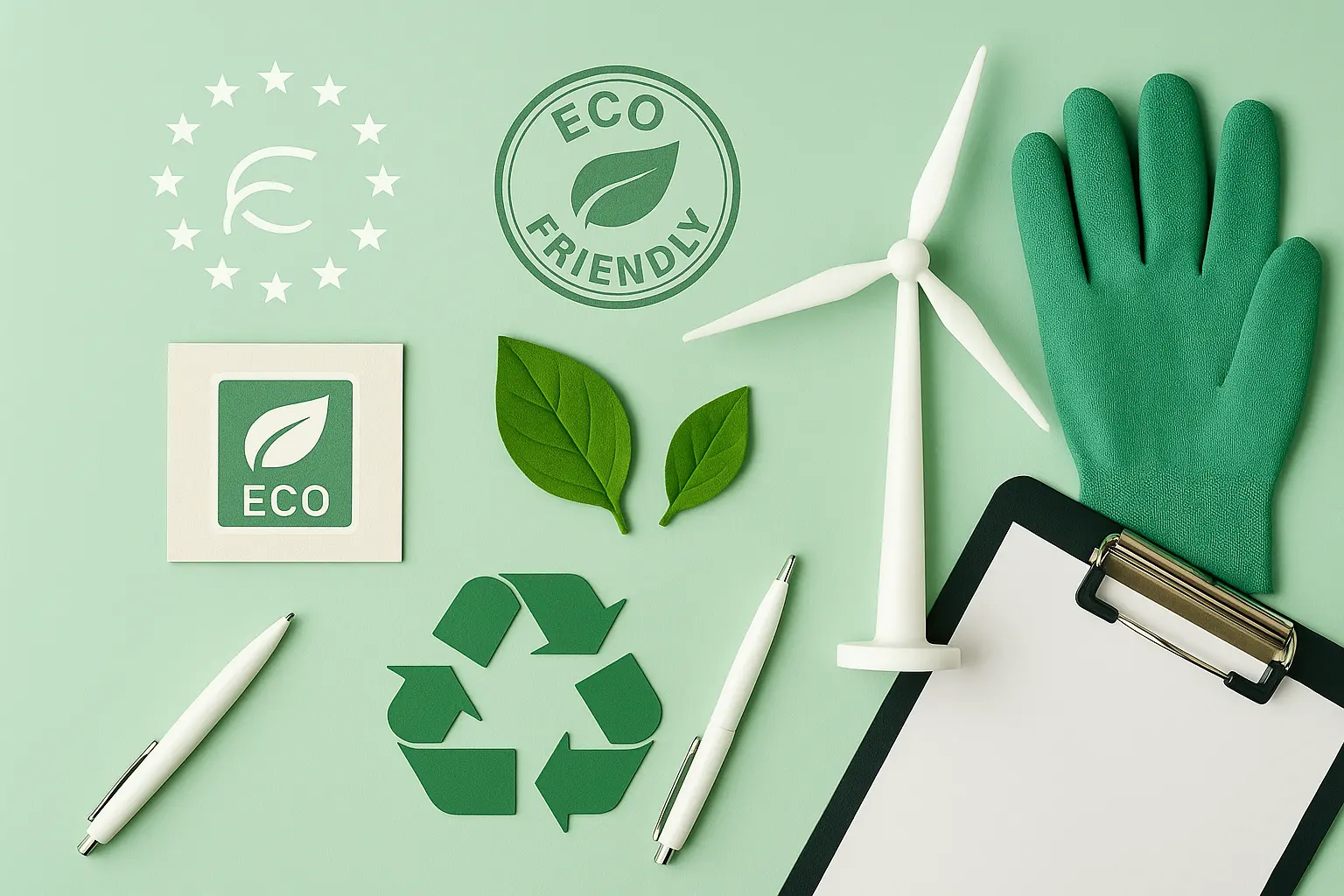Ocean Safe Certification
The concept of ocean safe certification is pivotal in today's landscape of environmental sustainability and compliance. This certification ensures that products do not introduce harmful chemicals or compounds into the ocean, thereby preserving marine ecosystems and human health. The primary goal is to prevent pollution by adhering to stringent testing standards derived from international guidelines such as ISO 14001 for environmental management systems and ASTM D7869 for biodegradability in aquatic environments.
The certification process involves a series of tests designed to assess the environmental impact of products after disposal or incineration. The test specimens are subjected to simulated oceanic conditions, including temperature variations and exposure times that mimic real-world scenarios. This ensures that manufacturers can confidently claim their products meet stringent standards for ocean safety.
Key aspects of this certification include:
- Bioaccumulation tests: Evaluating the accumulation of toxic substances in marine organisms.
- Toxicity assessments: Ensuring that products do not harm marine life or human health when they enter the ecosystem.
- Biodegradability analysis: Confirming that materials decompose into harmless components within a specified timeframe under marine conditions.
The certification is essential for brands aiming to reduce their environmental footprint and comply with regulations such as those in the European Union's Eco-label scheme. By achieving this certification, companies can differentiate themselves in the market by offering eco-friendly products that align with global sustainability goals.
In summary, ocean safe certification plays a crucial role in safeguarding marine environments from the adverse effects of human activities. It is imperative for any product that has potential to interact with aquatic ecosystems or be disposed of through water channels. Achieving this certification not only enhances brand reputation but also contributes significantly to environmental conservation efforts.
Why It Matters
The importance of ocean safe certification cannot be overstated in the context of global sustainability. The oceans cover over 70% of our planet and support a myriad of life forms, making them an integral part of Earth's ecosystem. However, human activities such as waste disposal, chemical releases, and plastic pollution are causing significant harm to these vital resources.
Chemicals from various sources can enter the ocean through different pathways, including land runoff, atmospheric deposition, and direct discharge. Once in marine environments, these substances can accumulate within food chains and pose risks to both wildlife and human health. For instance, certain chemicals have been linked to reproductive disorders, developmental issues, and even cancer.
By opting for products certified as ocean safe, consumers play a proactive role in mitigating these risks. This certification encourages manufacturers to adopt cleaner production processes and sustainable materials that reduce the likelihood of harmful chemical emissions into aquatic ecosystems. Moreover, it promotes transparency by ensuring that companies are accountable for their environmental impact.
The certification is particularly relevant for industries such as cosmetics, pharmaceuticals, and consumer electronics, where products often contain chemicals known to be hazardous when released into water bodies. It serves as a benchmark for responsible stewardship of our oceans and contributes towards achieving the United Nations' Sustainable Development Goals (SDGs).
Why Choose This Test
Selecting ocean safe certification is not only beneficial but also essential for several reasons. First and foremost, it aligns with stringent international standards designed to protect marine environments. These standards are continuously updated based on the latest scientific findings and regulatory requirements.
- Regulatory Compliance: Many countries have implemented policies mandating compliance with specific ocean safety criteria. For instance, the EU Eco-label requires products to meet rigorous biodegradability thresholds before being awarded the certification label.
- Market Differentiation: In an increasingly competitive market, brands that can demonstrate their commitment to environmental responsibility are more likely to attract eco-conscious consumers. Ocean safe certification provides a clear and verifiable mark of trustworthiness.
- Risk Mitigation: By ensuring products meet ocean safety standards, companies minimize the risk of legal action or reputational damage associated with marine pollution incidents. This reduces operational costs related to potential fines and brand recovery efforts.
In addition, achieving this certification can lead to cost savings through optimized supply chain management and improved resource efficiency. Companies that adopt sustainable practices early on are better positioned to adapt to future regulatory changes and consumer preferences without significant disruption.
The process of obtaining ocean safe certification is comprehensive yet accessible. It involves collaboration between industry experts, environmental scientists, and regulatory bodies to ensure consistency and accuracy in testing protocols. This collaborative approach ensures that the standards remain relevant and effective over time.
Use Cases and Application Examples
The use cases for ocean safe certification are diverse and wide-ranging. Here are some prominent examples:
- Cosmetics: Brands can ensure that their product formulas do not contain harmful chemicals like microplastics or parabens.
- Pharmaceuticals: Companies can demonstrate commitment to minimizing the release of active ingredients into water bodies.
- Electronics: Manufacturers can incorporate biodegradable materials in packaging and ensure that electronic waste does not contain harmful substances.
- Cleaning Products: Brands can claim their products are safe for use around aquatic environments without causing harm.
In each of these sectors, achieving ocean safe certification enhances brand reputation and fosters customer trust. It also helps in meeting regulatory requirements and contributing to broader environmental initiatives.





